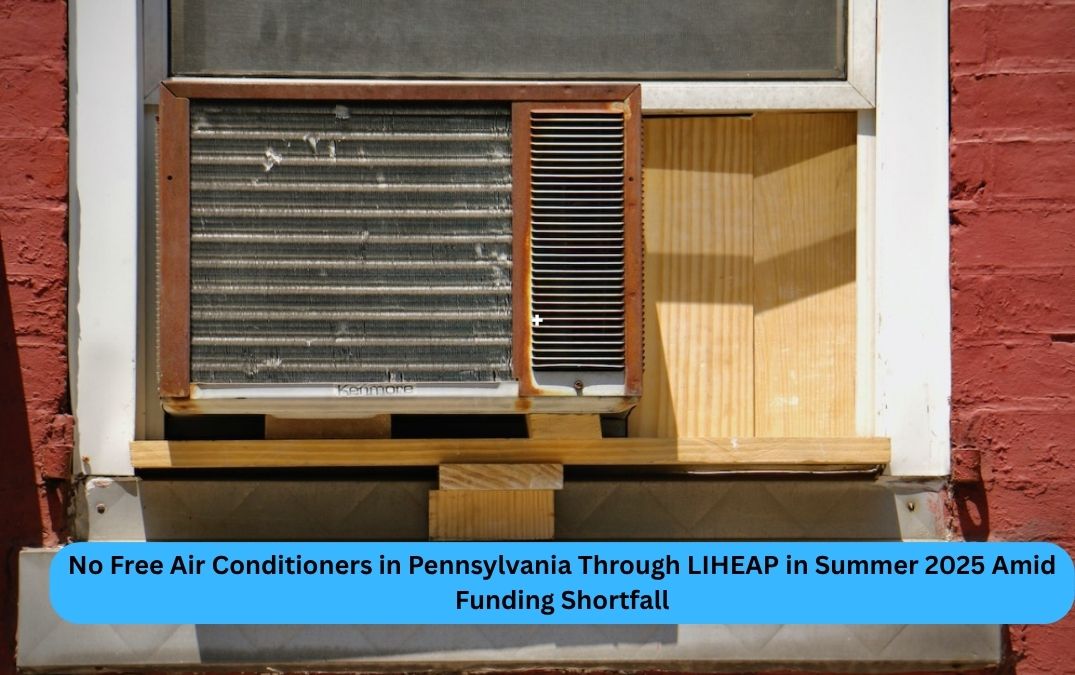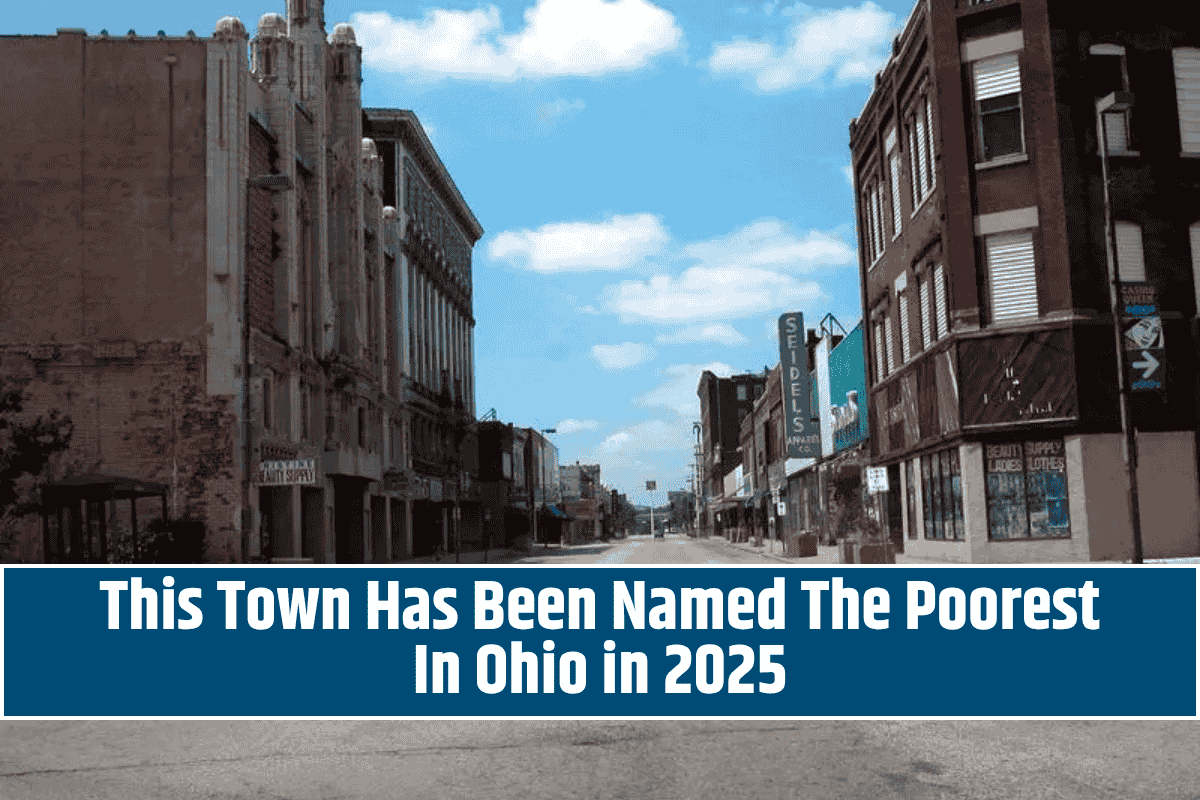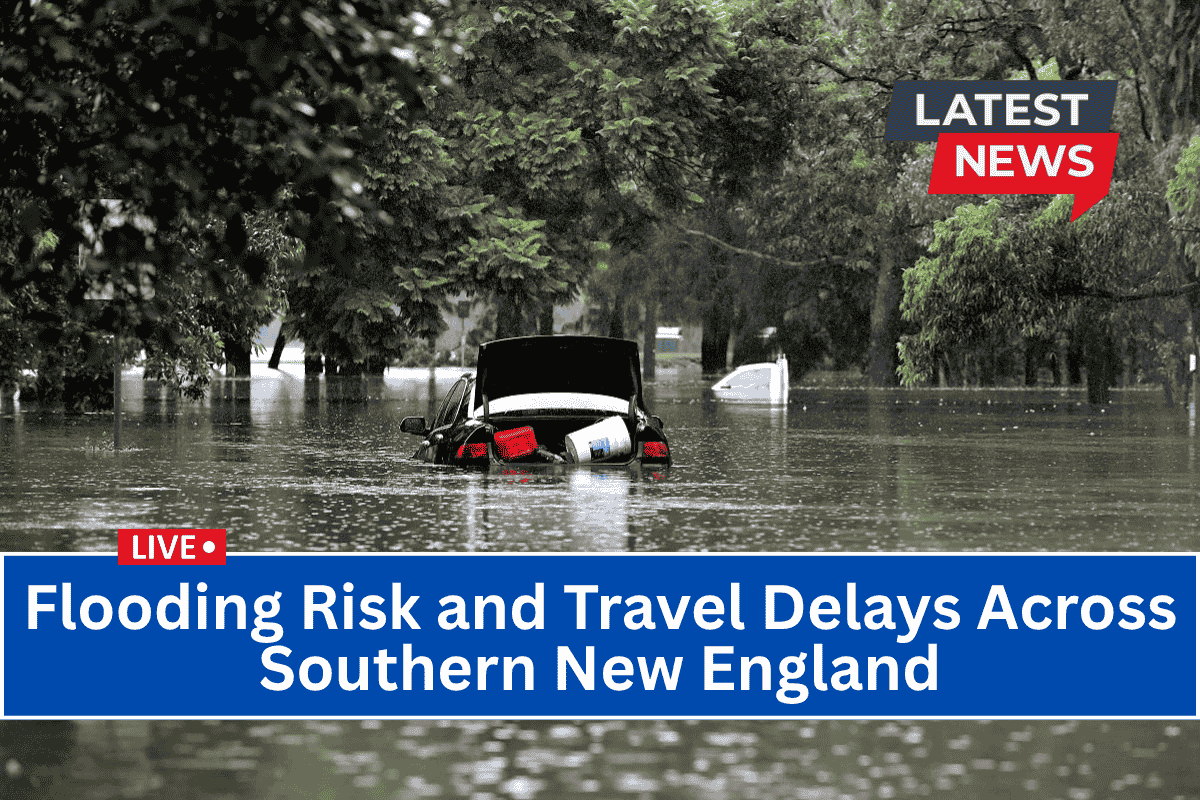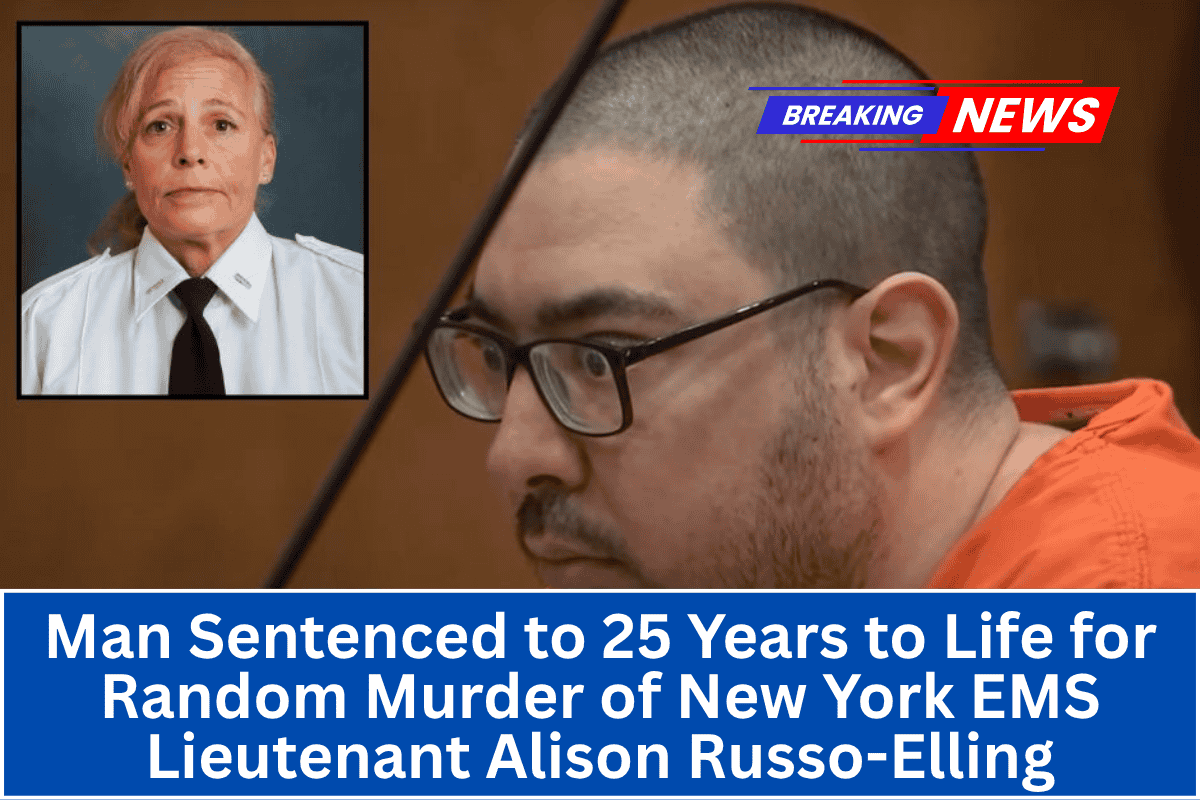Harrisburg, PA – May 2025 — Pennsylvania residents will not receive free air conditioning units through the state’s LIHEAP cooling program this summer, as funding shortages have forced the state to cancel the seasonal offering.
This marks the end of a popular summer relief program that previously helped thousands of low-income families endure extreme heat. Officials cite the expiration of federal pandemic aid and a harsh winter season as key reasons for the funding gap.
What Happened
The Low Income Home Energy Assistance Program (LIHEAP) in Pennsylvania will not provide free A/C units in the summer of 2025.
According to the Department of Community and Economic Development (DCED), leftover funds from the winter heating season — typically used for the summer cooling program — are unavailable this year.
Key Details
- The summer cooling initiative previously supplied eligible households with:
- Two Energy Star–rated window A/C units
- Or one unit and one fan
- Or repairs for central A/C systems
- In 2024, the program distributed $5.3 million to about 2,400 households statewide.
- Demand far outpaced supply, with agencies across Pennsylvania reporting exhausted funds and long waitlists weeks before the program closed.
- Only households that received LIHEAP winter assistance or weatherization aid qualified.
Reactions and Statements
Community groups and advocacy organizations expressed concern over the cancellation.
Donna Backues, from South Philly nonprofit SEAMAAC, warned the absence of cooling assistance could be dangerous:
“There’s just a lot of poverty in Philadelphia… A lot of people live in one house, so one fan’s not going to do it.”
Huiling Yang, another SEAMAAC outreach worker, shared the story of a domestic violence survivor whose broken A/C and fan have left her vulnerable:
“She is concerned about this year’s summer. There’s no program to help anymore.”
Backues emphasized the danger to the elderly, saying:
“The older you get, the harder the heat waves — the more dangerous they are… the house becomes like an oven.”
Why the Funding Ran Out
The state’s 2025 LIHEAP allocation was depleted during an exceptionally cold winter.
According to DCED spokesperson Justin Backover:
“An exceptionally cold January and February, coupled with rising HVAC material and labor costs, meant we were unable to serve all LIHEAP Crisis Interface (Heating) clients, leaving no capacity for additional ancillary programs like Cooling.”
The expiration of American Rescue Plan Act funds also played a major role. Last year marked the final use of this supplemental federal aid.
This decision is not tied to recent federal LIHEAP staff reductions under the Trump administration, though some advocates fear those changes could affect the program long-term.
What’s Next
Nonprofits like Esperanza and Community Legal Services are urging lawmakers to provide state-level funding for summer utility relief.
They also advocate for help with electric bills, noting many low-income residents own A/C units but can’t afford to use them.
A 2024 survey showed that cooling access exists in many homes — but actual usage is limited by unaffordable power costs.
FAQs
Who was eligible for free A/C units in past summers?
Households that received winter LIHEAP or weatherization aid from November to April.
Why is there no cooling program this year?
Winter demands and expired federal COVID aid drained all available funds.
Will the LIHEAP cooling program return in 2026?
There’s no confirmation yet. Future availability depends on federal or state funding decisions.
What can residents do now if they need help?
They are advised to contact local nonprofits or utility assistance programs. Some may offer fans or advocate for emergency support.
Is this related to federal LIHEAP staff cuts?
Not directly. However, advocates are concerned these cuts could impact the program’s future sustainability.
Summary / Final Takeaway
Pennsylvania’s LIHEAP summer cooling program is on hold for 2025 due to depleted funds and the end of pandemic relief aid. With no free A/C units available, low-income residents face another dangerously hot summer — particularly vulnerable groups like the elderly, children, and those with health issues. Community leaders are calling for long-term funding solutions to help Pennsylvanians stay safe and cool.












